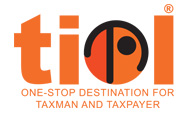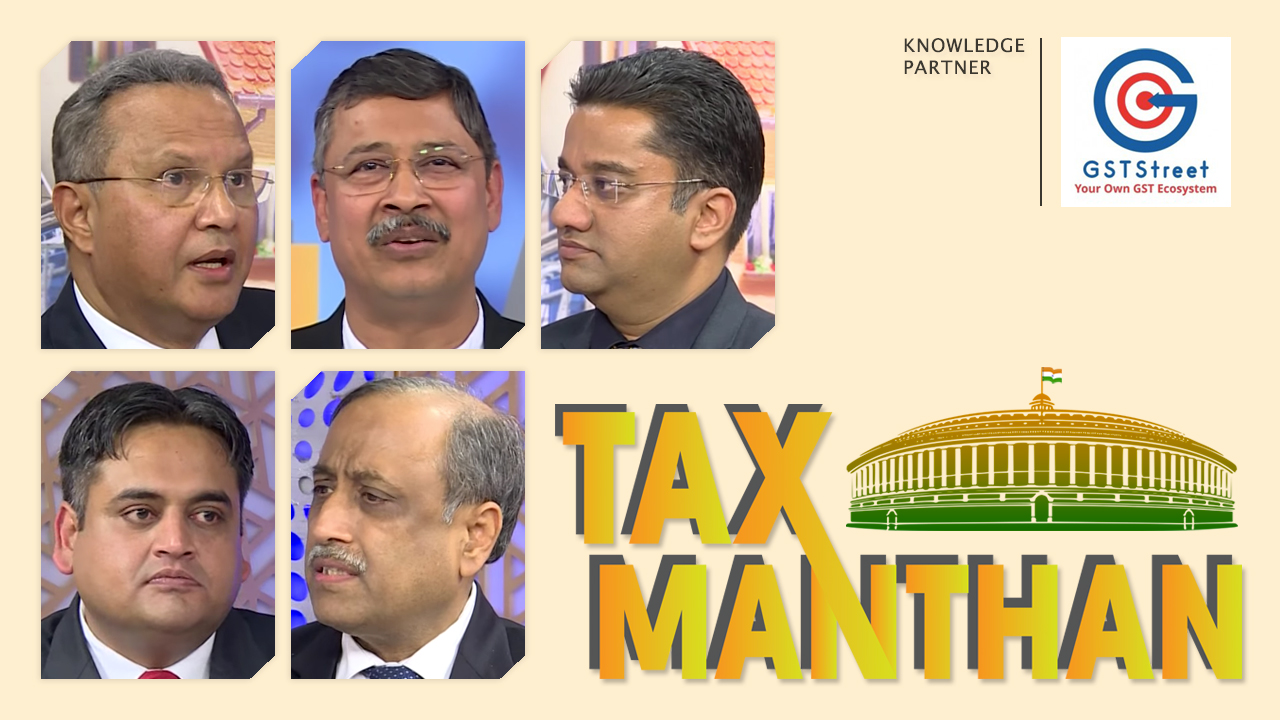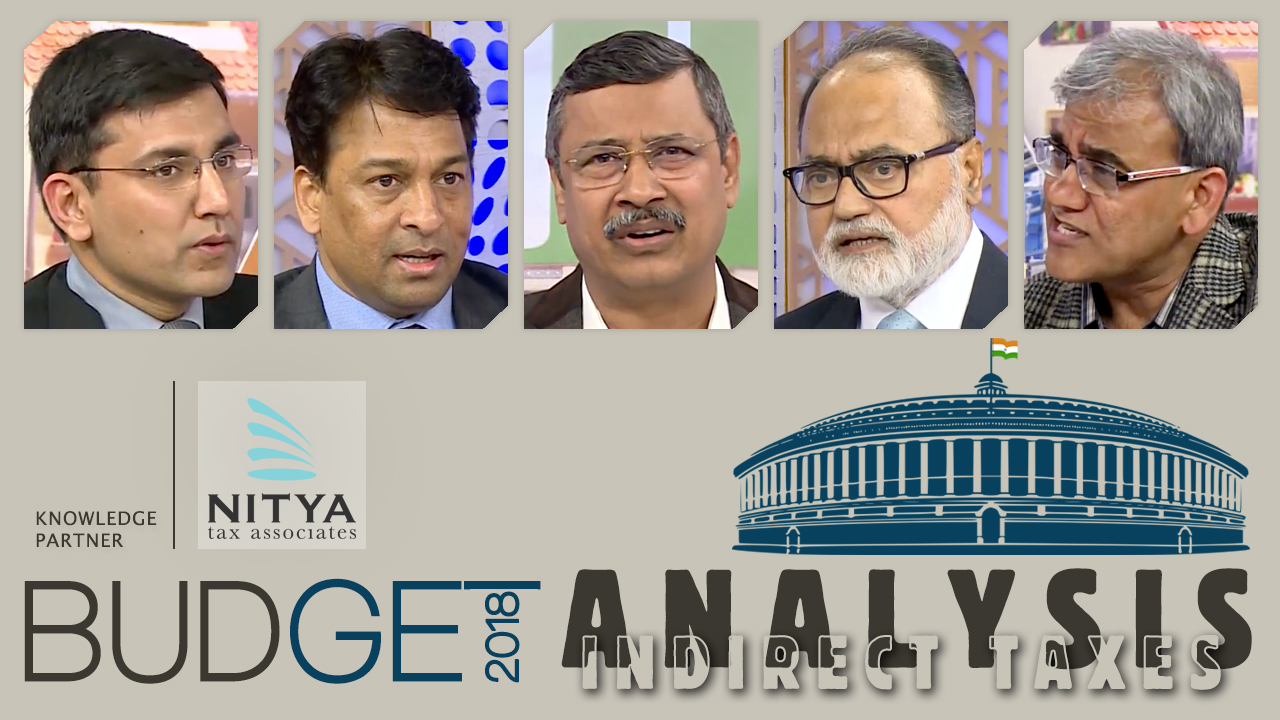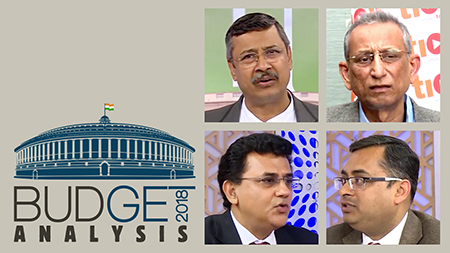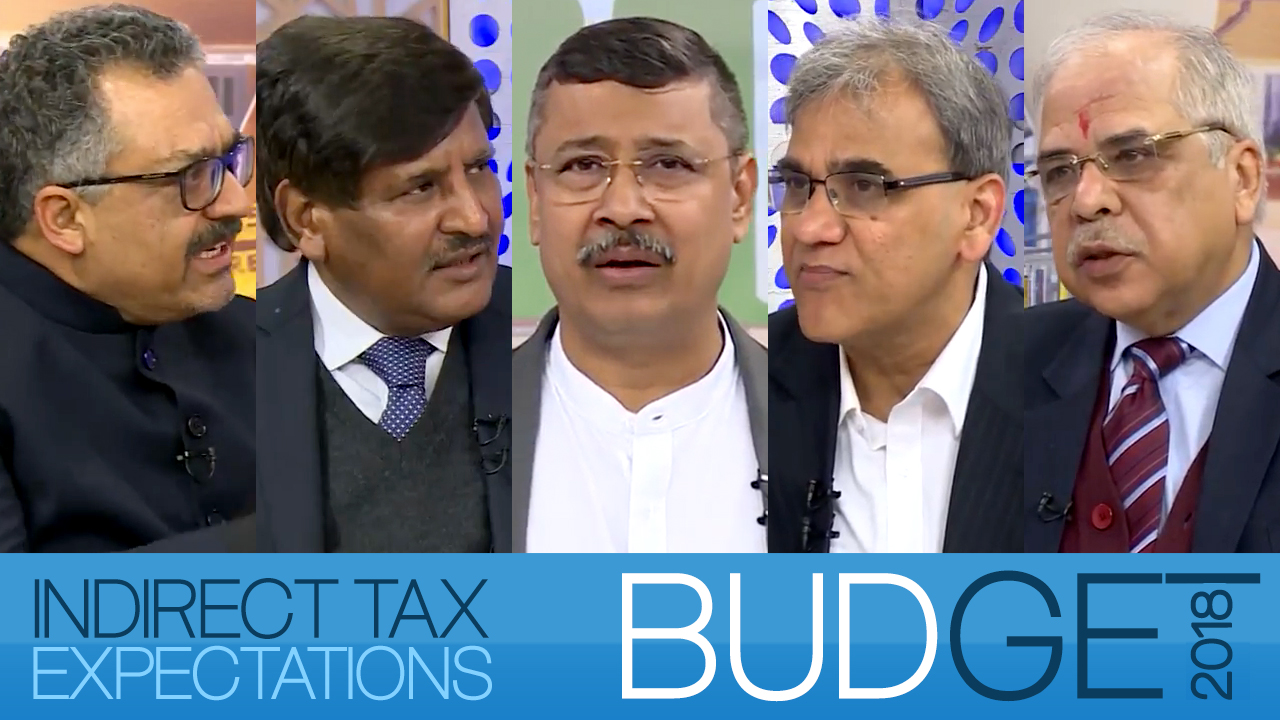CENTRAL EXCISE SECTION
2018-TIOL-303-HC-MAD-CX
Faithful Engineers Pvt Ltd Vs DCCE
CX - The petitioner is aggrieved by the notice of demand on account of the fact that no SCN was issued to petitioner as required under Section 11 of CEA, 1944 - Petitioner points out that in respect of prior period, i.e., from November 2008 to June 2010, SCNs dated 19.11.2009 and 23.07.2010 were issued and from July 2009 to March 2009, SCN has been issued and the matters are now pending before adjudicating authority - Taking note of conduct of Department for prior period and on perusal of impugned demand, demand has been issued without issuing SCN, precisely for this reason, the Court while entertaining the writ petition in the year 2012, granted an order of interim stay - Matter remanded to second respondent for fresh consideration and appropriate authority is permitted to issue SCN to the petitioner and adjudicate the matter on merits for a decision in accordance with law: HC - Matter remanded: MADRAS HIGH COURT
2018-TIOL-302-HC-ALL-CX
CCE Vs Shubh Metals
CX - A common notice was issued to various parties including assessee - It is true that the language of notice in case of Sarada Steel Industries Pvt. Limited and that of assessee is same - Therefore Tribunal was not justified in taking a view otherwise than what has already been taken in said case without referring matter to larger Bench - Hence answer is in favour of revenue and against assessee - Though prima facie having gone through Rule 25 of Rules, 2002, it is subject to provision of Section 11AC of Act, 1944, mere non- mention of Section in a particular order or notice by itself will not render the same bad, if otherwise all ingredients are satisfied - However, final opinion not expressed at this stage, since impugned judgment of Tribunal found contrary to earlier judgment of Sarada Steel Industries Pvt. Limited: HC - Appeal partly allowed: ALLAHABAD HIGH COURT
2018-TIOL-301-HC-ALL-CX
PR CC, CE & ST Vs BSNL
CX - Revenue is in appeal against impugned order - The submission is that in view of Rule 9 of CCR, 2004, benefit of Cenvat Credit cannot be availed until and unless the documents specified therein are furnished - Tribunal has recorded that for availing the Cenvat Credit, documentary evidence only in part were shown meaning thereby that not all documents as contemplated by Rule 9 of the Rules were produced - Tribunal is justified in remanding the matter with regard to admissibility of Cenvat Credit to the assessee to be reconsidered and decided by Assessing Officer on the verification of documents - The imposition of penalty depends upon outcome of said question on re-adjudication by Assessing Officer - Tribunal has manifestly erred in setting aside the order of penalty which infact ought to have been left open for decision of adjudicating authority while deciding said question afresh: HC - Appeal partly allowed: ALLAHABAD HIGH COURT
2018-TIOL-300-HC-ALL-CX
CCE Vs Chotey Lal Radhey Shyam
CX - Assessee was appointed as a franchisee for Lucknow by BSNL for sale of sim cards and recharge coupons of BSNL who in turn, sells the same through network of retailers, which amounts to trading activity - BSNL had already paid ST on sim cards and recharge coupons sold to franchisee - Again demanding ST from franchisee would amount to double taxation which is not permissible in law - Relationship of assessee with BSNL is of principal-to-principal basis, he cannot be termed as an agent of BSNL - Judgment of Supreme Court in Idea Mobile Communication Ltd. 2011-TIOL-71-SC-ST has been considered by Tribunal, Principal Bench, New Delhi and similar issue has already been considered in aforesaid judgment of this Court, with which court do not find any reason to take a different view - Hence, questions are answered against Revenue, following aforesaid judgments: HC - Appeal dismissed: ALLAHABAD: HIGH COURT
2018-TIOL-299-HC-ALL-CX
Kisan Cooperative Sugar Factory Ltd Vs CCE
CX - Assessee's appeal for refund of certain duty amount claim to have been deposited under protest has been rejected by invoking provisions of Section 11B of CEA, 1944 - In view of specific finding recorded by Tribunal that the duty amount has been deposited under protest, limitation of one year to make the claim of refund under Section 11B would not apply at all to such a case and therefore the amount is liable to be refunded to assessee along with interest excluding the period for which petitioner had not applied that is upto 2009 from the date it became liable to be refunded - Thus, the principal amount is to be refunded but no interest be given from the date writ petition was allowed to the date when assessee made an application for refund that is 2009 - The interest beyond that time may be given: HC - Appeal allowed: ALLAHABAD HIGH COURT
2018-TIOL-590-CESTAT-MUM + Story
CCE Vs Sh Kelkar and Company Pvt Ltd
CX - CENVAT - Respondent had availed credit to the tune of Rs.48,07,923/- on the service tax paid on input services i.e. security services, computer training, consultancy, legal services and sec retarial services shared by other entities - Revenue viewed that since the said services were not exclusively used by respondent but were shared with other units in located in the factory area, the order of Commissioner(A) directing the adjudicating authority to verify the documents and it was also observed that since the respondent occupied 95% of the factory area and 5% area is occupied by M/s. Keva Flavours Pvt. Ltd. is not legal and proper, hence appeal to CESTAT.
Held: Since Respondent's factory occupied 95% of the factory area, they are entitled for 95% of the total CENVAT credit on the common input services - since the respondent's are entitled to major portion of the credit, malafide intention cannot be attributed - dropping of penalty by Commissioner(A) is legal and proper - Revenue appeal dismissed: CESTAT [para 4] - Appeal dismissed
: MUMBAI CESTAT
CUSTOMS SECTION
2018-TIOL-297-HC-MAD-CUS
Chairman CBEC Vs KP Prem Ananth
Cus - Writ appeal is directed against the order, by which the writ Court directed the appellant to issue necessary certificate granting Customs House Agents to respondent/writ petitioner, as per Regulation 9 of CHALR, 2004 complying with the requirements prescribed under Regulation 10 of the said regulations - Following the judgment of Supreme Court in Sunil Kohli 2012-TIOL-45-SC-CUS, Government of India, Ministry of Finance (Department of Revenue) Central Board of Excise and Customs, New Delhi, have issued circular dated 06.02.2013 - After considering the submissions of Revenue, decisions in Sunil Kohli's case and the circular dated 06.02.2013, this very same Bench, vide order dated 22.08.2017 in W.A.No.42 of 2013 held in favour of assessee - Decision in W.A.No.42 of 2013, is squarely applicable to the facts of this case, and applying the same, there are no grounds to interfere with the order of the writ Court: HC - Writ appeal dismissed: MADRAS HIGH COURT
2018-TIOL-296-HC-KERALA-CUS
UoI Vs Bhandari Powerlines Pvt Ltd
Cus - Respondent engaged in manufacture and export of insulated copper strips and rectangular paper covered conductors - The two raw materials that go into manufacture of products are insulation paper and copper - Inasmuch as no customs duty was paid by them on copper, it was contented that they were not entitled to claim drawback under Section 75 (IA) of Customs Act - The concept of deemed import is to be applied in cases where conditions stipulated by Section 75 (IA) stands satisfied - It is on the basis of such a satisfaction that Ext.P7 notification has been issued - Notification does not give any importance to the nature of raw material that is consumed in manufacture - What is important is the content of article in manufactured product - In terms of Ext.P7, respondent is entitled to claim that whole of copper content in its manufactured product should be treated as “deemed to be imported material”, for the purpose of sub-section (1) of Section 75 of the Act - Availing of CENVAT credit also does not disentitle the respondent from claiming benefit since there is not such restriction in Ext.P7.
No rate under Rule 3 of Rules has been fixed in respect of the products manufactured and exported by respondent - Therefore, the rate applicable to respondent would have to be determined separately under Rule 6 of Rules - In Ext.P9, the second respondent has proceeded on the basis that fixation of the rate under Rule 6 should be only on the basis of the actual customs duty suffered by the product - Said reasoning is not sustainable in view of the clear wording in Ext.P7 notification - Therefore, rate of drawback applicable to respondent's product would have to be fixed in exercise of the powers under Rule 6 of the Rules - The Single Judge has directed the second respondent to fix the rate accordingly - No infirmity found in said direction either: HC - Appeal dismissed: KERALA HIGH COURT

